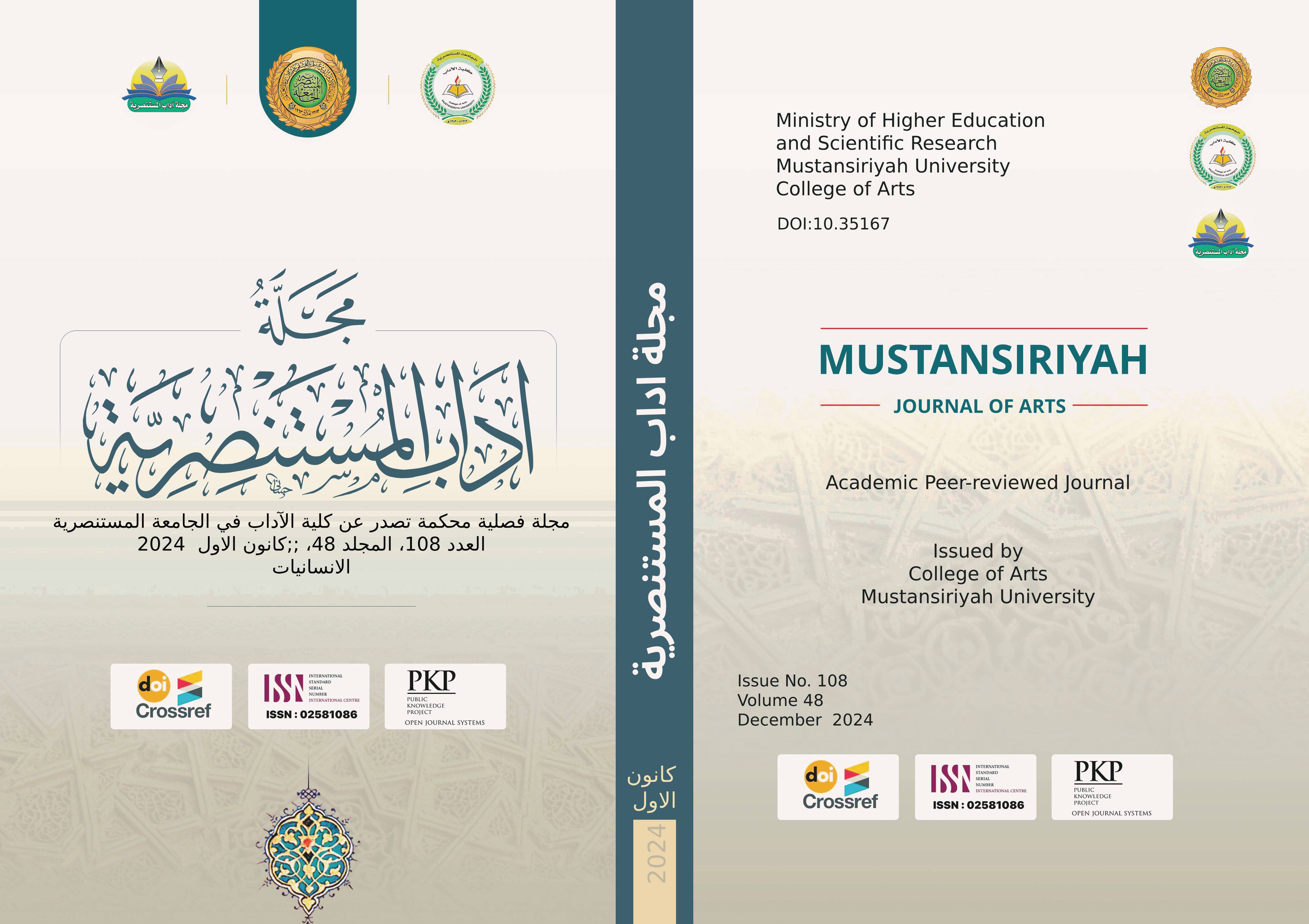Communication Technology and Political Participation in Contemporary Society
Abstract
Political participation is the essence of true democracy and one of the most important aspects of political work in general, as it represents the vital foundation for citizens and the actual application of their participation in power at various levels and in influencing decision-making and shaping the future of their society. Political participation is manifested in several forms, from elections and ballots to public discussions and peaceful demonstrations, and requires enhancing transparency and equality of opportunity, in addition to providing platforms for the free and effective expression of political opinions and positions. Political participation is also a means of communication with the ruling political elite and what is happening in the political context. It emerged strongly after 2003 and the transformation of the institutional political system from totalitarianism to democracy. The Iraqi political system produced scenes and behaviors in light of the information and technology revolution, which has become a focus for democratic and political transformations through its reflection on the citizen's relationship with political authority, which is one of the most important foundations on which the democratic process and the rule of the people are based, and the embodiment of the practical reality of that relationship between the ruler and the ruled. In this chapter, we will address the stages of political participation, its dynamics, and the trends affecting it, in addition to the means of political participation and its types, and then the relationship between communication technology and political participation.
Downloads
Published
Issue
Section
License

This work is licensed under a Creative Commons Attribution-ShareAlike 4.0 International License.


